
Decluttering after the loss of a loved one
Decluttering after the loss of a loved one is a tender, deeply personal process and often not easy. Where to begin? Legacy Decluttering: A compassionate Guide To Letting Go is a helpful guide written by Sheila Carroll, professional organizer and KonMari Consultant based in Amsterdam, offering supportive, practical advice for navigating this emotional journey. It begins with the reminder that there’s no set timeline—readiness is emotional, not calendar-based. Whether you’re easing in slowly or facing a time-sensitive situation, the guide helps you approach the process with clarity and care.
For urgent circumstances, it offers tools to make decisions quickly and thoughtfully, including sorting systems, help from others, and a simple script for offering items to family. Inspired by the “spark joy” principle, the guide encourages keeping only what genuinely lifts your heart, freeing yourself from guilt or obligation.
It also provides a gentle roadmap: start with less sentimental items, recognize signs it might be time to begin, and ask for help when needed—from friends, family, or professionals. Digital preservation is offered as a meaningful way to keep memories without holding onto every item.
Finally, it suggests finding purposeful new homes for belongings—through donations, returning gifts, or sharing with extended family—while emphasizing that joy and love can co-exist with letting go. Decluttering becomes not an act of forgetting, but a way to honor the past while making room for the present.
Sheila Carroll
Professional Organizer
https://sparkjoyeurope.com
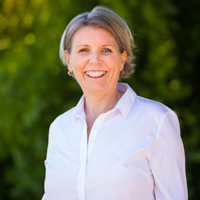
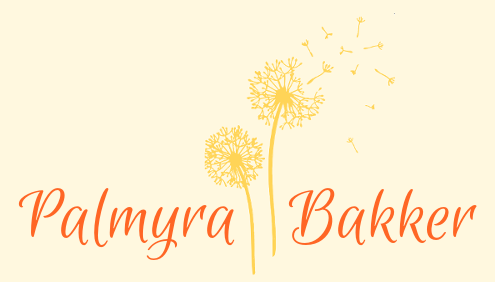
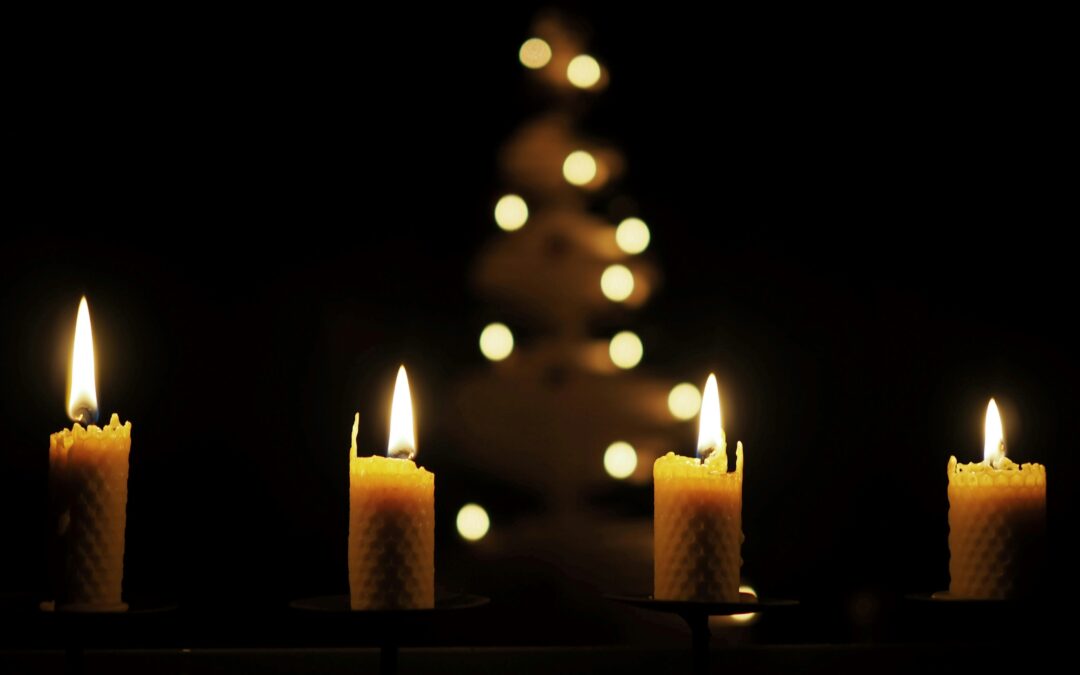
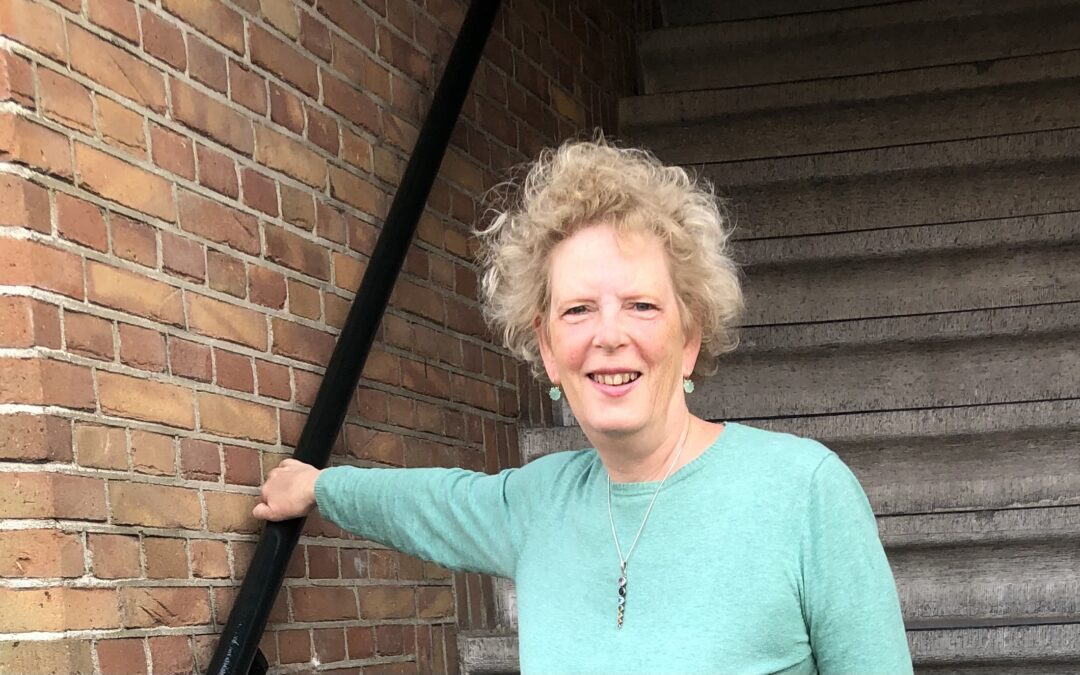
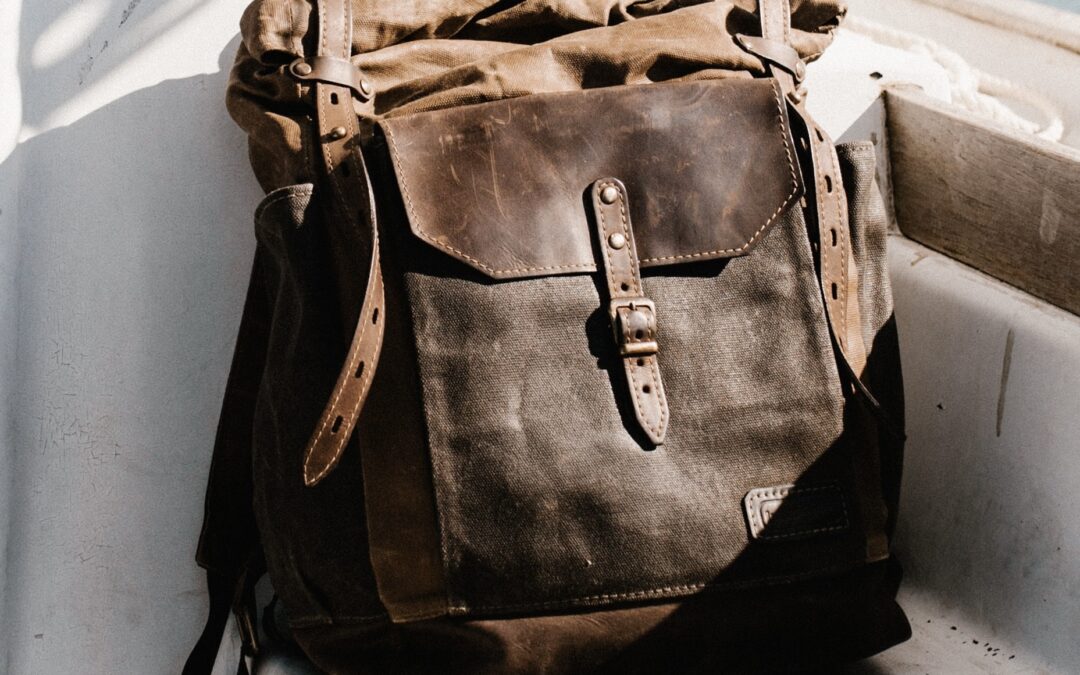
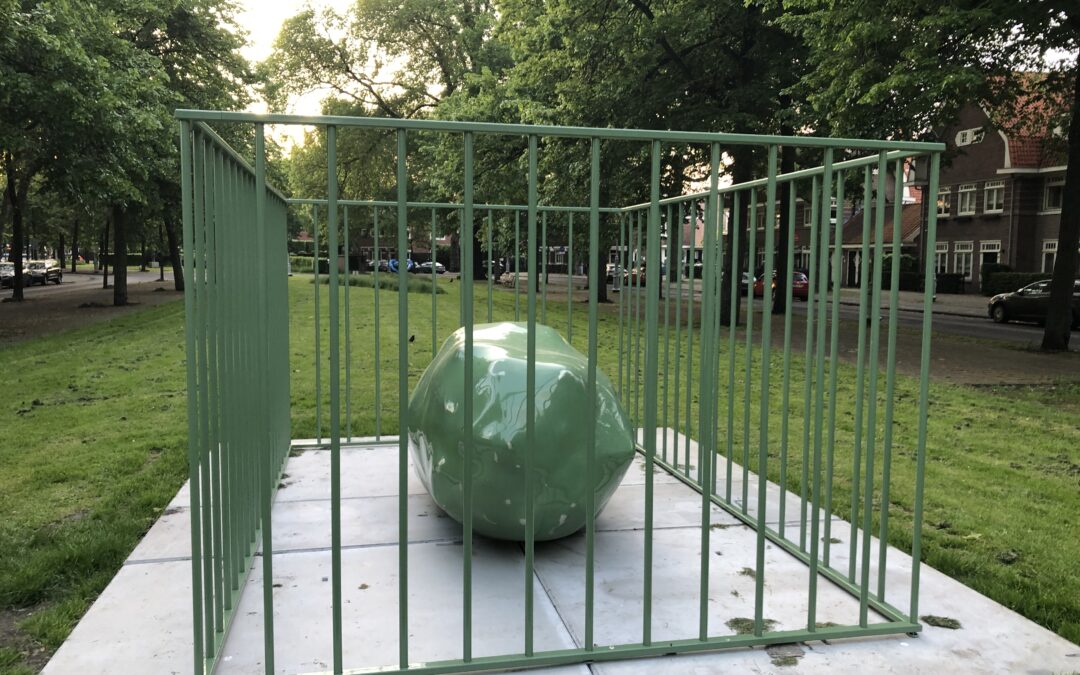
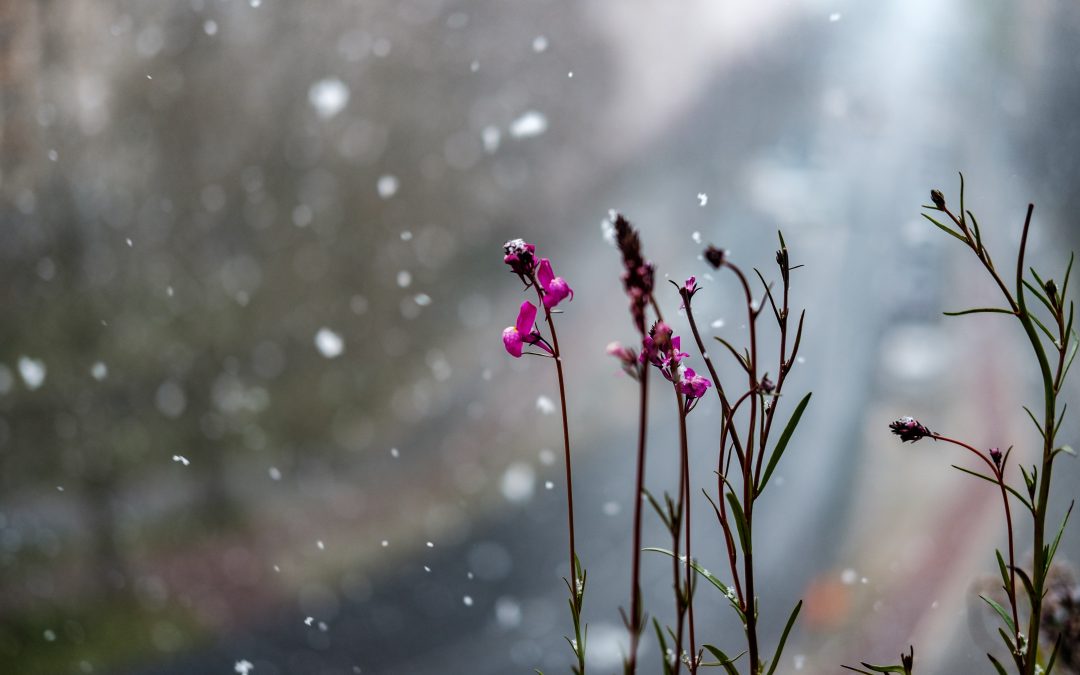
Recent Comments